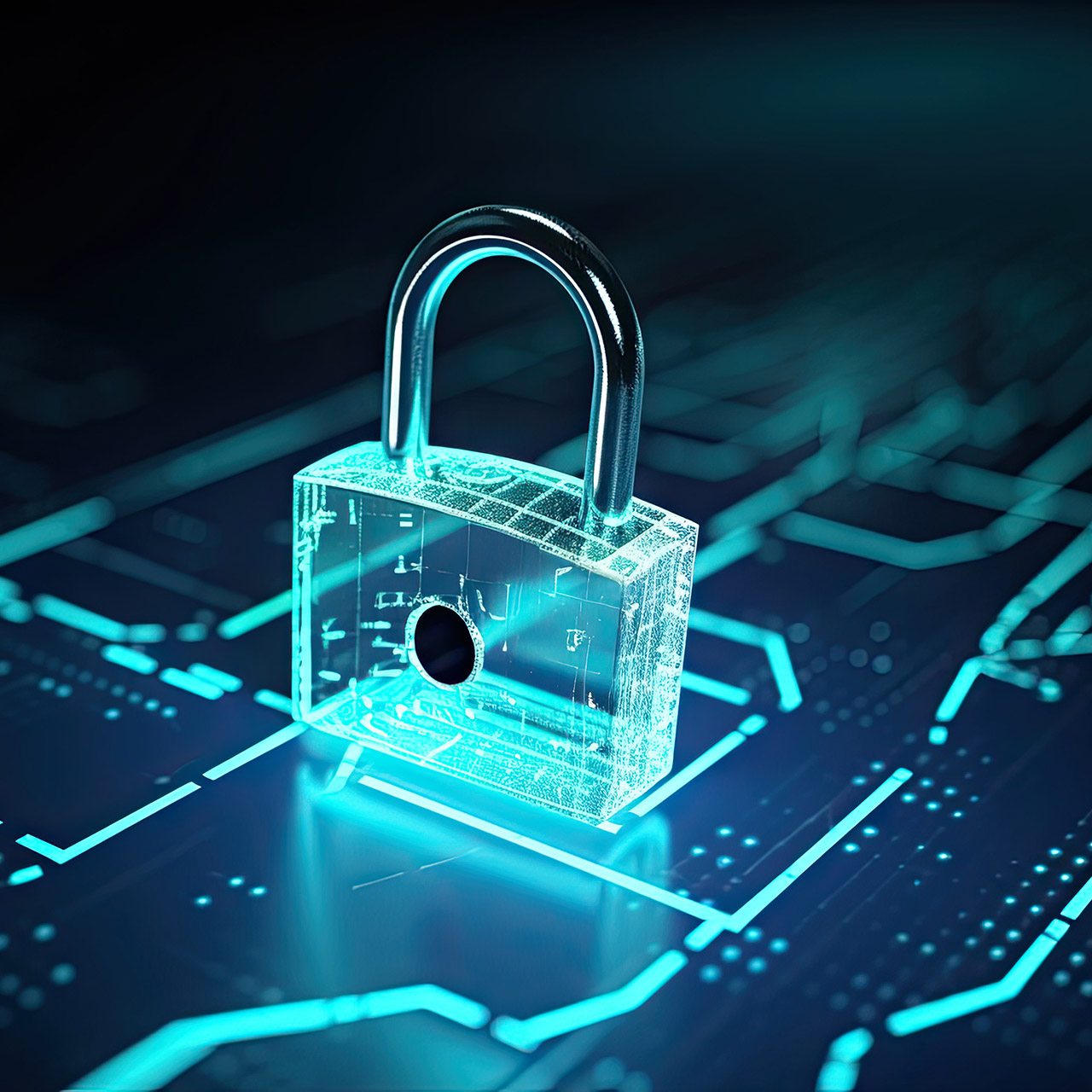When was the last time you had a cybersecurity audit?
If you’re a small business, regularly auditing your cybersecurity infrastructure and protocols is unlikely, given that nearly one-half of companies with less than 50 employees don’t even have anyone dedicated to cybersecurity.
Yet 88% of small business owners say they believe their company is vulnerable to a cyberattack. They’re not wrong; 46% of attacks occur in companies with less than 1,000 employees. In 2021, 61% of small to mid-sized businesses (SMBs) experienced a cyber hack. That number is increasing.
In the same way technology evolves, so too do the cybersecurity threats that loom just outside your network. Bad actors continually search for the best ways to exploit your IT vulnerabilities. These attacks can be thwarted, but only if you stay one step ahead of the criminal element threatening your business.
A regular security audit of your systems configurations and operational practices will keep you compliant with regulatory rules and secure your business from a costly and embarrassing data breach.
The Risk of Poor IT Security
Cybercriminals target smaller businesses precisely because their protections are minimal. That’s why in 2019, 43% of all reported data breaches were small companies. Two years later, that number is 20% higher and shows no signs of slowing.
When a cyberattack hits, it can cause devastating financial losses to a small company. Today, the average cost of a small business data breach is $108,000. But that’s not all. A cyberattack can cost a small or mid-sized business:
- Financial losses and legal liabilities include the direct costs of remediation, such as IT forensics, legal fees, and customer notification costs. Indirect costs include business losses due to production shutdowns, not to mention lost business from customers. Most companies increase prices because of a cyber breach. Price hikes could impact your competitive standing in the marketplace, causing you to lose more customers after the breach.
- Reputational damage and loss of customer trust. Your clients may (understandably) be leery of doing business with a company hit by cyberattacks.
If a cyberattack hits, your business is on the hook for the cost of immediate damages and free credit monitoring for customers. You may need to staff up to handle customer complaints. Your company may also be non-compliant with regulatory rules requiring customer privacy. To add insult to injury, you may even have to pay a ransom to unlock your operating systems, if a ransomware attack hits.
If you could do one thing to avoid all this suffering, wouldn’t you?
What is a Cybersecurity Audit?
An annual security audit is a comprehensive review of an organization’s information systems to evaluate its ability to withstand a cyberattack. The typical yearly security audit is often customized based on the organization’s goals. Ultimately, the audit can cover a range of security areas including:
- Networks
- Hardware and software applications
- Encryption management
- Data storage and transmission
- Physical and employee awareness
- Telecommunication (such as video conferencing)
- Access controls
- Vendor management
- Disaster recovery and business continuity
- Compliance with regulatory data protection requirements
This deep dive into your systems aims to identify vulnerabilities in your security posture and offer recommendations for strengthening your defenses against cyberattacks. Some of the techniques employed during the audit include:
- Penetration testing that emulates the techniques of a real-life hacker to look for holes in your cyber defenses.
- Vulnerability scanning to look for weaknesses across your IT network.
- Risk assessment to identify relevant threats, whether outdated software or gaps in employee cybersecurity awareness.
The results of an annual cybersecurity audit provide companies with a clear understanding of what improvements will modernize security defenses and keep your business safer. Examples may include updating software or hardware, or bolstering security policies and procedures. It also raises awareness among your team of potential threats.
What are the Benefits of a Cybersecurity Audit?
An annual cybersecurity audit is beneficial for any size business, but particularly for small and mid-sized businesses, who often don’t have enough internal resources. Some of the key benefits include:
- Identifies vulnerabilities and risks in systems and processes
- Ensures compliance with evolving privacy regulations and standards
- Protects the reputation of your business by demonstrating a commitment to security and protecting customer data
- Increases organization efficiency by limiting the downtime that naturally follows a cyber breach
- Improves employee awareness of phishing scams or other risks to company data from internal and external threats
- Lessens the risk of cyberattacks and data breaches by testing your defenses and recommending improvements
Annual security audits are the minimum standard for protecting your business. These audits can be conducted more frequently, including directly after a cyberattack.
Is it Time for a Cybersecurity Audit?
Small and mid-sized companies are essential job creators, fueling economic growth. Despite their importance, most need to pay more attention to cybersecurity.
At the same time, 75% of these businesses say they would be forced to shut down production if a cyberattack occurred. Cybercriminals understand this.
But the Sikich IT Security Audit gives these companies an affordable alternative. Talk with our experts today about how a regular cybersecurity audit can give you greater peace of mind.
This publication contains general information only and Sikich is not, by means of this publication, rendering accounting, business, financial, investment, legal, tax, or any other professional advice or services. This publication is not a substitute for such professional advice or services, nor should you use it as a basis for any decision, action or omission that may affect you or your business. Before making any decision, taking any action or omitting an action that may affect you or your business, you should consult a qualified professional advisor. In addition, this publication may contain certain content generated by an artificial intelligence (AI) language model. You acknowledge that Sikich shall not be responsible for any loss sustained by you or any person who relies on this publication.








